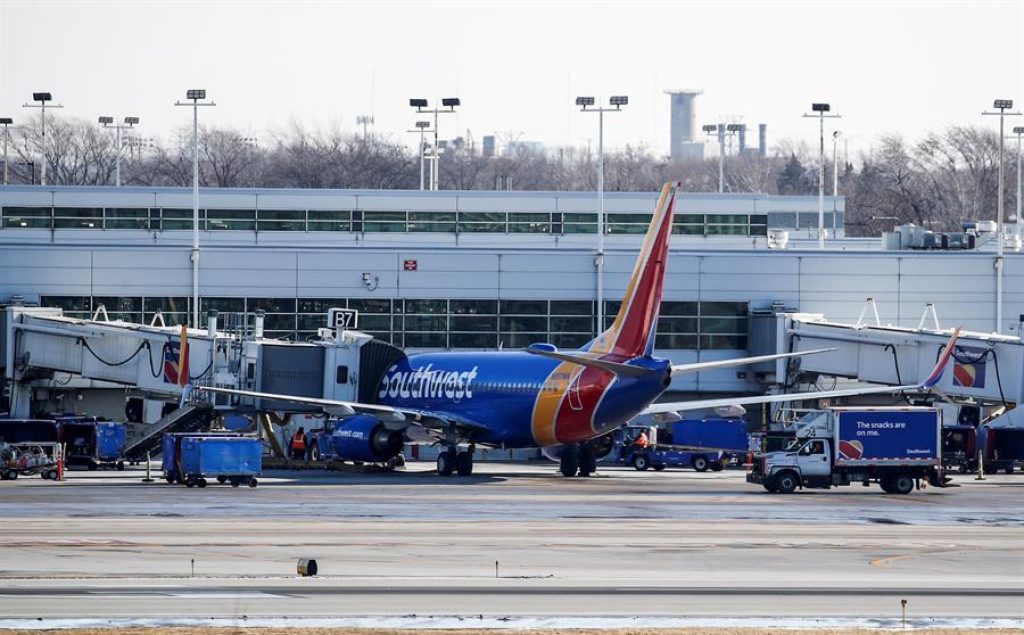The telecommunications companies Verizon and AT&T, which this Wednesday planned to activate their new 5G services, announced on Tuesday that they are going to delay their deployment near some US airports in order to avoid possible problems in air traffic.
The companies made their decisions known after the country’s main airlines on Monday asked the government to block the transmission of 5G signals in a radius of 3.2 kilometers (2 miles) around airport runways.
Airlines for America, which represents the main passenger and cargo carriers, warned that, if that does not happen, the launch this Wednesday 19 of the new 5G frequency bands in the United States would have “catastrophic” consequences for airline operations. commercial of the country.
In a statement, Verizon explained that it has voluntarily decided to “limit” its 5G network around airports, while AT&T said it has agreed to temporarily delay powering up a limited number of towers around certain airports.
“I want to thank Verizon and AT&T for agreeing to delay the rollout of 5G around key airports and continuing to work with the Department of Transportation for a safe rollout of 5G in this limited number of locations,” President Joe Biden said in a statement.
According to Biden, the deal “will prevent potentially devastating disruptions to passenger traffic, freight operations, and economic recovery, while allowing more than 90 percent of wireless tower deployment to occur as planned.”
The president said the White House will remain in constant contact with all parties until all issues are settled and a permanent solution can be found at those airports.
According to airlines, the new frequency bands of 3.7 to 3.8 gigahertz (GHz), the so-called C-band spectrum, which will give networks greater geographical reach and faster signals, may cause many aircraft safety to become “unusable”.
In particular, airlines and aircraft manufacturers such as Airbus and American Boeing are concerned that the new 5G signals could interfere with aircraft radio altimeters, which measure the distance between the aircraft and the ground, as well as the data systems that They help planes land.
To address those concerns, telecommunications companies AT&T and Verizon had already agreed this month to delay the launch of the new 5G frequency bands for two weeks, until this Wednesday, January 19.
